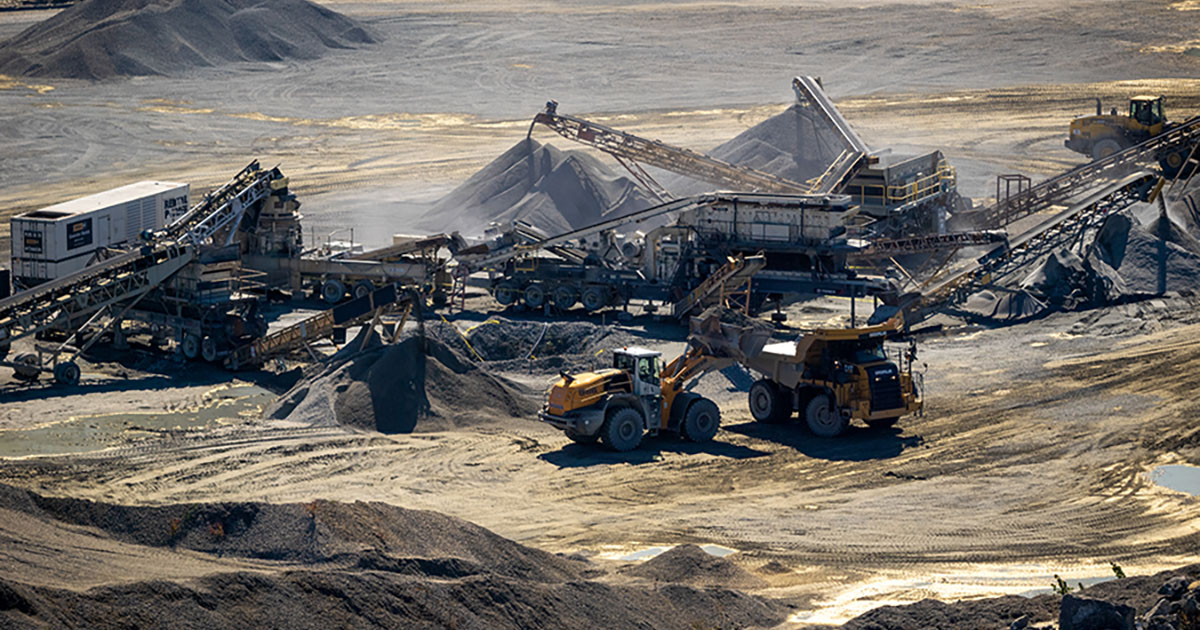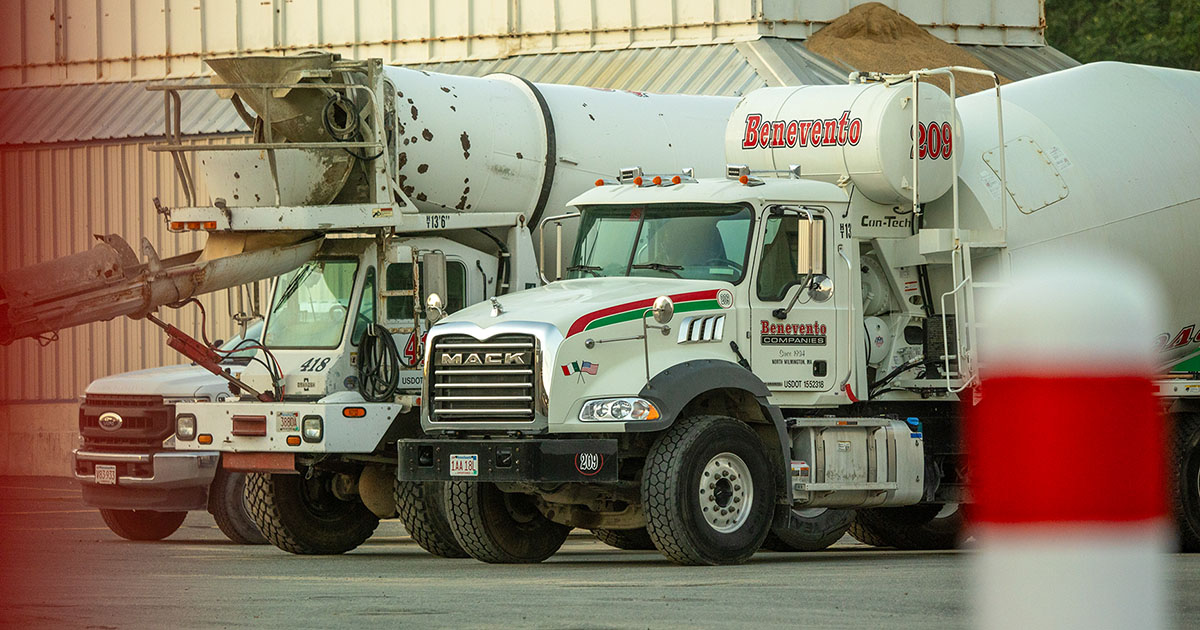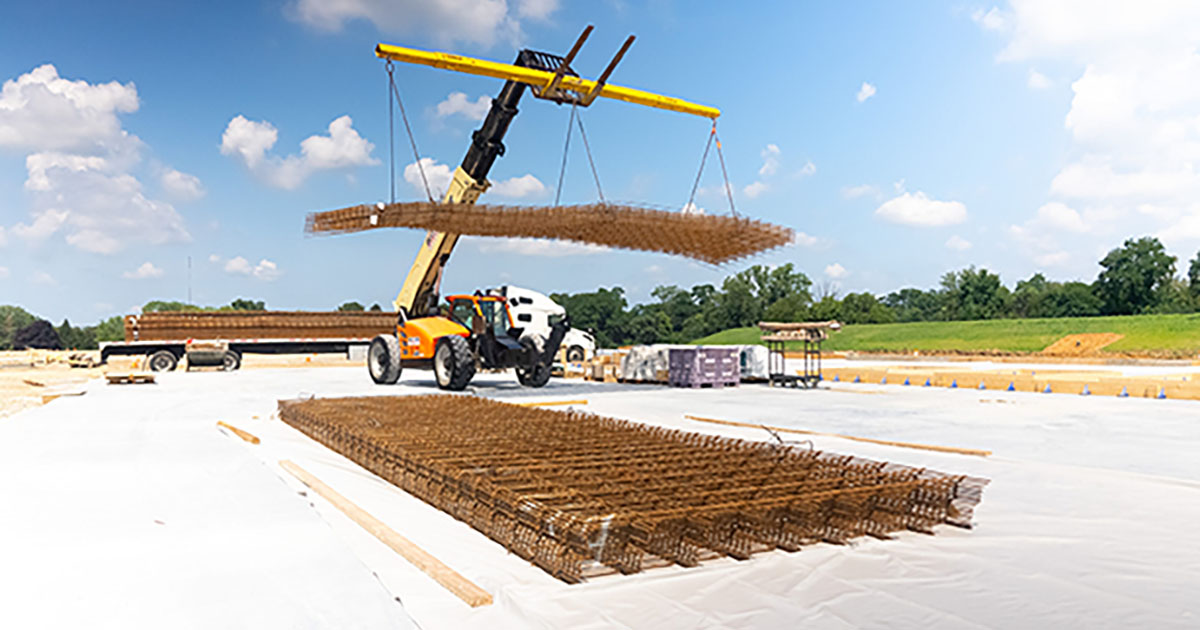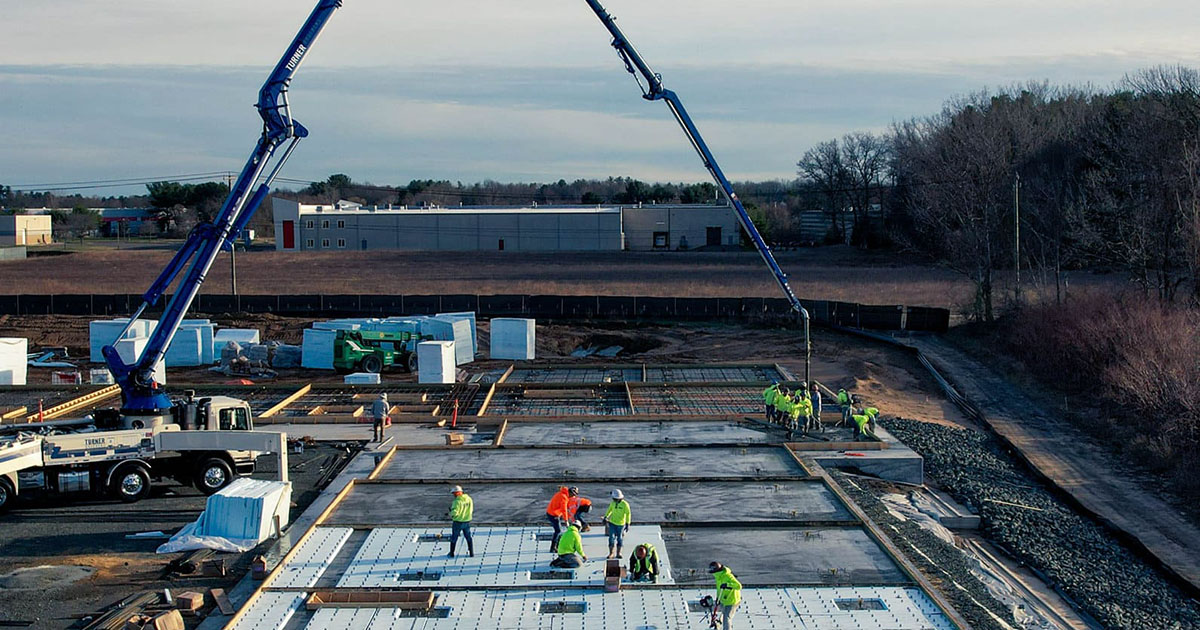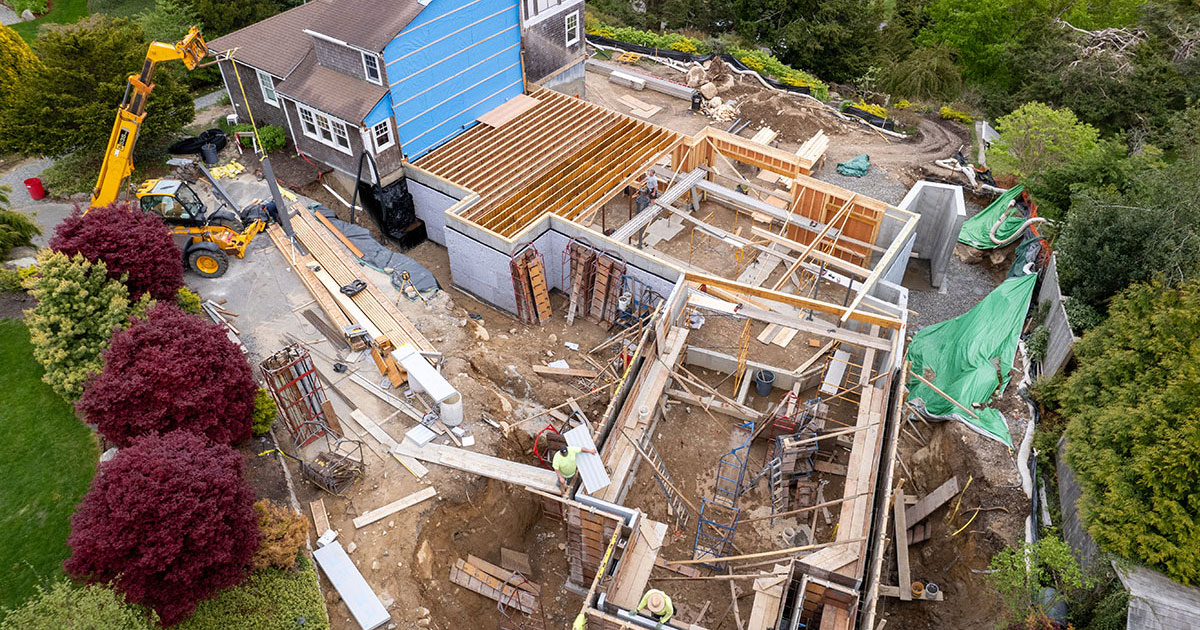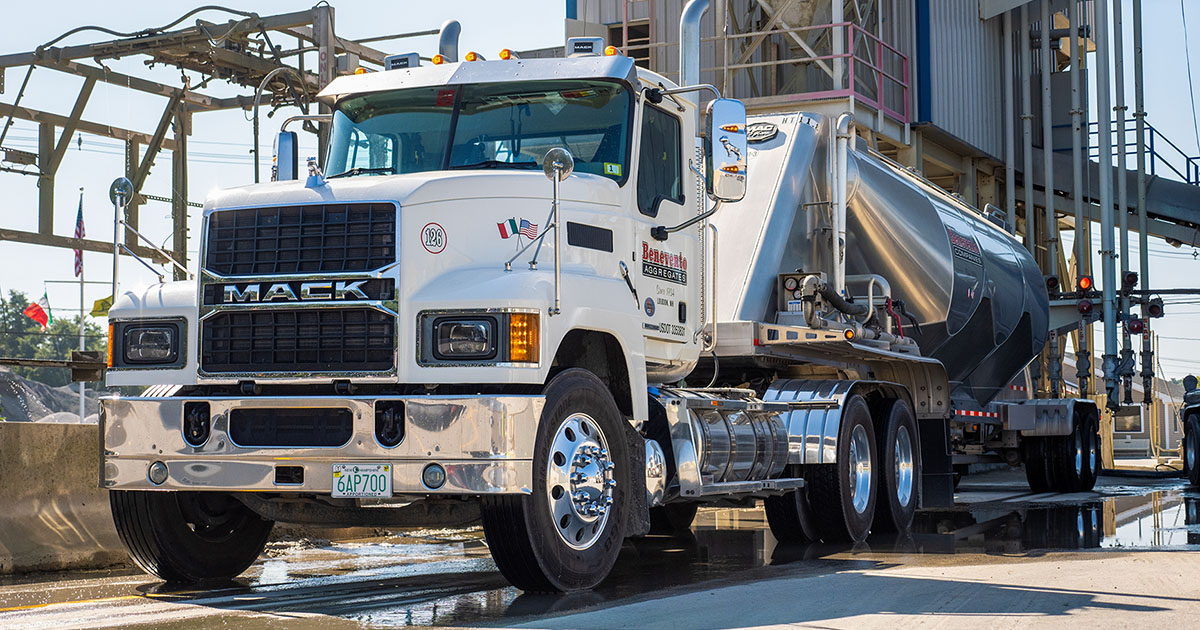
How an Expert Contractor Website Designer Can Transform Your Business
In the construction industry, a professional online presence is no longer optional—it’s essential for attracting new clients and standing out in a competitive market. A well-designed website not only showcases your expertise but also builds trust and generates leads. That’s where a contractor website designer comes in. These experts specialize in creating customized websites tailored specifically for contractors, ensuring your site is both visually appealing and highly functional.
In this article, we’ll explore the key benefits of hiring a contractor website designer, the features you need to include on your site, and how a well-designed website can grow your business.
1. The Importance of Hiring a Contractor Website Designer
While many DIY website builders are available, hiring a contractor website designer offers significant advantages for your business. Designers who specialize in contractor websites understand the unique needs of your industry, and they know how to craft a website that converts visitors into clients.
Key reasons to hire a specialist include:
- Industry expertise: A contractor website designer knows how to showcase your services and projects in ways that appeal to your target audience.
- Customization: A professional designer can create a custom site that reflects your brand, expertise, and style, ensuring you stand out from competitors.
- Optimized for lead generation: Designers who specialize in contractor websites will build lead capture forms, calls-to-action, and other tools that help you generate inquiries.
By hiring an expert, you ensure your website works effectively to attract and convert leads, rather than just existing as an online business card.
2. Custom Design Tailored to Your Brand
A custom website design is essential for making a lasting impression. Your website should reflect your brand’s personality, professionalism, and commitment to quality work. A contractor website designer will create a unique design that aligns with your business goals and speaks to your target audience.
Why custom design matters:
- Brand consistency: Your website should have consistent branding across all pages, including your logo, color scheme, and fonts, to build recognition and trust.
- Unique layout: Unlike cookie-cutter templates, a custom design ensures your site is one-of-a-kind and tailored to your services and client needs.
- Visual appeal: High-quality visuals, a clean layout, and an intuitive user experience (UX) make your site look polished and professional, helping you attract more clients.
A custom-designed website sets your business apart from the competition, enhancing your credibility and helping visitors feel confident in choosing your services.
3. SEO-Optimized for Maximum Visibility
No matter how great your website looks, it won’t generate leads if potential clients can’t find it. A contractor website designer with SEO expertise will optimize your site for search engines, ensuring it ranks higher in relevant local searches.
SEO strategies include:
- Keyword optimization: Use keywords like “general contractor in [city]” or “home renovation contractor” throughout your site’s content, meta descriptions, and page titles to improve search visibility.
- Local SEO: Claim your Google My Business profile and ensure your contact information is consistent across all online directories, boosting your local rankings.
- On-page SEO: Optimize page load speed, image alt text, and internal links to improve your overall technical SEO performance.
With SEO strategies in place, your contractor website will attract more organic traffic, increasing the number of qualified leads you receive.
4. Showcasing Your Portfolio
Your project portfolio is one of the most important parts of your website. Potential clients want to see examples of your past work to assess the quality and scope of your services. A contractor website designer will create a portfolio section that showcases your best projects and highlights your expertise.
To create an effective portfolio:
- Use high-quality images: Display professional photos of completed projects, from before-and-after shots to detailed close-ups.
- Provide project details: Include descriptions of each project, explaining the scope, challenges, and outcomes.
- Organize by service type: If you offer multiple services, such as residential construction or commercial builds, organize your portfolio so clients can easily find relevant examples.
An engaging, well-organized portfolio demonstrates your capabilities and helps potential clients envision what you can achieve for them.
5. Lead Generation Tools to Convert Visitors
A key function of your website is to generate leads. A contractor website designer will incorporate lead generation tools that encourage visitors to take action and contact you about their project.
Essential lead generation features include:
- Contact forms: Place simple forms throughout your site, allowing visitors to request quotes, ask questions, or schedule consultations.
- Calls-to-action (CTAs): Use clear, compelling CTAs such as “Get a Free Estimate” or “Contact Us Today” to prompt visitors to take the next step.
- Live chat: Offering live chat allows visitors to ask questions in real time, increasing the chances they’ll engage with your business.
- Landing pages for advertising: If you’re running PPC or social media ads, dedicated landing pages designed for conversion will help turn ad clicks into leads.
With these tools in place, your website will work as a lead-generating machine, turning visitors into potential clients.
6. Client Testimonials and Trust Signals
In the construction industry, trust is key. A contractor website designer will include client testimonials and other trust-building elements on your site to reassure visitors of your credibility and professionalism.
Trust-building features include:
- Client reviews and testimonials: Display feedback from satisfied clients to demonstrate your reliability and quality of work.
- Certifications and affiliations: Showcase any industry certifications, licenses, or associations to highlight your expertise.
- Case studies: Provide in-depth case studies that walk potential clients through the challenges you’ve solved in past projects.
Including these trust signals helps build confidence in your company, making visitors more likely to reach out for your services.
7. Enhanced User Experience (UX) with Intuitive Navigation
An effective contractor website must deliver a seamless user experience (UX), making it easy for visitors to find information and engage with your content. A professional contractor website designer understands the importance of intuitive navigation and strategically organizes site elements to guide users toward relevant information.
Elements of a User-Friendly Experience:
- Clear Menu Structure: Ensure main services, contact information, and project portfolio are easy to locate.
- Breadcrumbs and Back Buttons: Add breadcrumb navigation and clear back buttons to simplify movement across pages.
- Interactive Visual Cues: Use visual cues like icons, hover effects, and animations to highlight calls-to-action and guide users.
A well-thought-out UX increases the likelihood of engagement and conversions, as users are more likely to stay on your site and explore what you offer.
8. Content Strategy and Blogging for SEO and Engagement
Creating a consistent content strategy is essential for building authority and improving SEO rankings. A contractor website designer can incorporate a blog or resources section where you regularly post content relevant to your audience, from project insights to construction tips.
Content Strategy Benefits:
- Improved SEO: Blog posts with target keywords, such as “residential remodeling trends” or “commercial construction tips,” help improve your site’s search engine rankings.
- Educational Resources: Share advice on topics like planning construction projects, budgeting, or choosing materials, which establishes your brand as an industry leader.
- Client Engagement: Well-written, informative posts keep clients engaged and returning to your site, fostering long-term client relationships.
A blog or resources section not only enhances SEO but also adds value for clients who are looking for a knowledgeable contractor to guide them through their projects.
9. Integration with Social Media for Extended Reach
Integrating your website with social media platforms allows you to broaden your reach and engage with potential clients across multiple channels. Contractor website designers can incorporate social media links and share buttons directly on your website, enabling visitors to share your portfolio, testimonials, and blog posts easily. A contractor website designer can also integrate your social media feed directly on your website, so that content stays fresh across multiple digital platforms.
Social Media Integration Benefits:
- Social Proof: Display links to platforms like LinkedIn, Instagram, or Facebook, where you can showcase real-time projects and client interactions.
- Enhanced Visibility: Sharing completed projects, client testimonials, or industry insights on social media drives more traffic back to your website.
- Lead Generation: By directing social media followers to your website, you increase the chances of lead conversions from a wider audience.
Integrated social media functionality on your website helps maximize engagement, boosting brand recognition and lead generation efforts.
10. Emphasis on Data-Driven Analytics for Continuous Improvement
To ensure long-term success, it’s essential to regularly monitor your website’s performance. Contractor website designers often set up data-driven analytics tools, like Google Analytics, to track visitor behavior, conversion rates, and the effectiveness of SEO efforts.
Benefits of Analytics Tracking:
- Identify High-Traffic Pages: Determine which pages attract the most traffic and focus on optimizing them for conversions.
- Adjust Marketing Strategies: Use analytics data to adjust content, SEO keywords, or CTAs based on what resonates with visitors.
- Track ROI: Measure the ROI of specific marketing campaigns, such as PPC ads or email marketing, and assess their impact on website traffic.
By incorporating analytics, you gain valuable insights into how visitors interact with your site, helping you make informed adjustments to improve lead generation and overall effectiveness.
11. Fast Load Times and Mobile Optimization
Your website’s performance is critical to its success. Slow load times and a lack of mobile responsiveness can cause potential clients to leave your site before they even explore your services. A contractor website designer will ensure your site is fast, responsive, and mobile-friendly, providing a seamless user experience.
Key performance strategies include:
- Optimized images: Compress images without sacrificing quality to ensure fast load times.
- Mobile-friendly design: Make sure your site looks great and functions smoothly on mobile devices, as many users will browse from their smartphones.
- Efficient coding: Use clean, efficient code to improve site speed and performance.
With a fast, mobile-optimized website, you’ll keep visitors engaged and improve your chances of converting them into clients.
12. Ongoing Maintenance and Updates
Your website isn’t a one-time investment—it requires ongoing maintenance to stay effective. A professional contractor website designer can provide ongoing updates and support to ensure your site remains secure, up-to-date, and fully optimized.
Maintenance services include:
- Regular updates: Continuously adding new content, such as completed projects or blog posts, keeps your site fresh and relevant.
- Security updates: Ensuring that your site is secure by updating software and protecting it from potential threats.
- Performance monitoring: Tracking site performance and SEO results to make necessary adjustments and improvements.
With ongoing support from a contractor website designer, your site will remain a valuable asset that continues to drive leads and grow your business.
The Value of Hiring a Contractor Website Designer
A professionally designed website is crucial for contractors looking to grow their business, build trust, and generate leads. Hiring a contractor website designer ensures your site is not only visually appealing but also optimized for performance, lead generation, and SEO. With the right tools in place—custom design, portfolio showcases, lead capture forms, and trust signals—your website will become a powerful marketing tool that helps you stand out in a competitive market and attract more clients.


